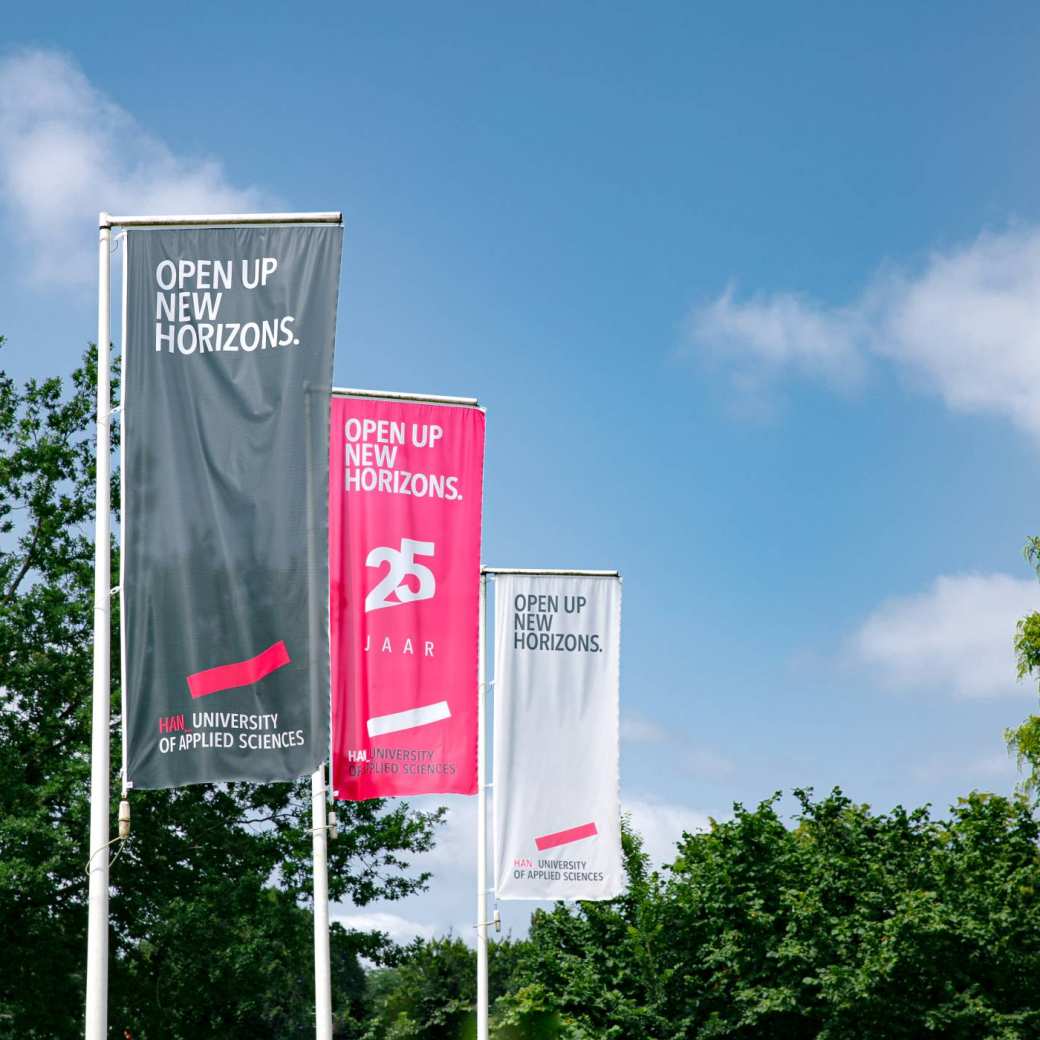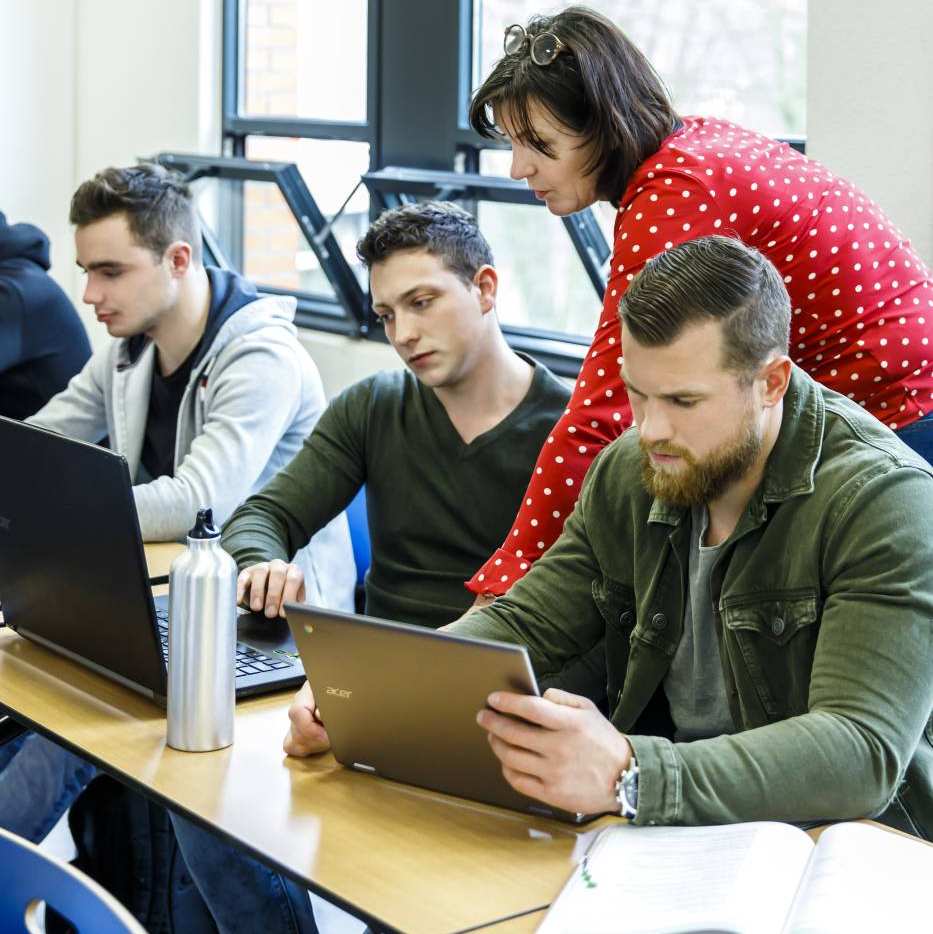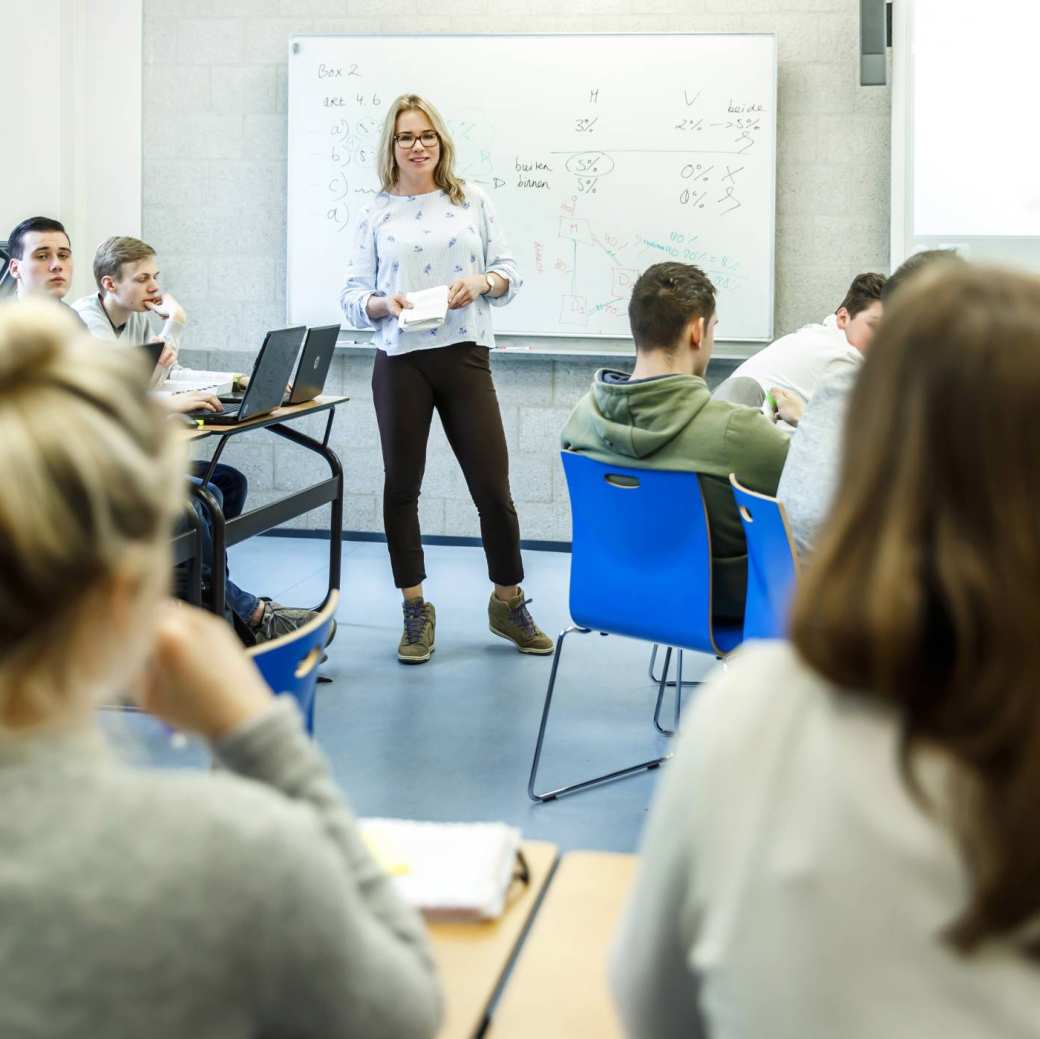Semiconductor Packaging
Get acquainted with the semiconductor industry. Delve into the final step of chip manufacturing in which the chip is ‘packaged’ in its housing. Focus on the design and manufacturing of semiconductor packages and the associated skills and technologies.

The program in a nutshell
The module consists of 2 blocks of 9 weeks. In the 1st term you delve into the theory of semi-conductor packaging, assembly, reliability and testing. In the 2nd term you tackle a challenging semiconductor packaging problem in a group of students and working professionals. You also turn the design into a prototype to demonstrate its working principle and feasibility. Where will you make the prototype? In the laboratory of CITC in Nijmegen or at one of the industrial partners. In parallel you study a number of elective subjects, depending on the project and your personal learning needs.

Program details
Learning outcomes
After completing the semiconductor packaging program you
- have a broad insight into the semiconductor back-end processing complexity
- are able to work as a starting engineer in the semiconductor industry
- can communicate with chip assembly and packaging experts
- are able to function in a multidisciplinary team
- understand the cross-functional challenges in semiconductor packaging

Competences
General competencies
- Working in a multidisciplinary environment
- Managing and facilitating processes
- Operating in a systematic way according to protocols and standards
- Functioning in a cross-functional team
- Communicating in English
- Analyzing production capabilities & customer needs
Technical competencies
- Requirements engineering
- Designing and implementing prototypes
- Analyzing test and reliability data
- Optimization of assembly, packaging and test flows
- Maintaining quality

Dutch way of learning
The atmosphere in a Dutch classroom is quite informal and your lecturers are easy to talk to. In fact, at HAN you’re seen as a partner in the learning process. Class sizes are small and your lecturers encourage you to actively participate in class. To ask questions and give your own opinion. They also stimulate you to be creative and to discover things for yourself.

HAN International Intro
Get a good start to your studies during this week of orientation:
- learn about living in the Netherlands
- become familiar with the campus
- get on board with your exchange program
- make new friends!

What about credits and grading?
At HAN we use the European Credit Transfer and Accumulation System, or ECTS. It’s the standard credit system used in higher education across Europe. How does it work? One credit = 28 hours of study. Think of contact hours. Time spent working on assignments. Preparing for exams.
One semester = 30 credits = 840 hours of study. To earn credits, you need to pass your exams. What counts as a pass? A grade of at least 5.5.

Admission
What are the admission requirements? And how do I apply?
